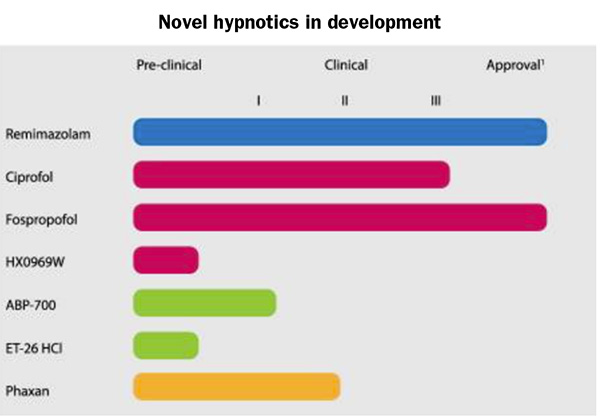FDA announces Class 1 recalls of ventilator, eye injection kits

Editor's Note The US Food & Drug Administration has designated recalls of Baxter’s Life2000 Ventilator and the I-Pack Injection Kit from Bausch + Lomb and subsidiary Synergetics Inc. as Class 1, the most severe category indicating serious risk of injury or death. According to FDA’s July 15 announcement, the ventilator…
Prioritizing quality of life: Surgery, anesthesia considerations for elderly patients

Editor's Note A March 11 article on SeniorLiving.org broke down key considerations and risks for elderly patients undergoing surgery and anesthesia. One such consideration is studies show that older adults often prioritize quality of life over the extension of life if it means sacrificing independence or functional abilities. Other lessons…
Procedural sedation analgesia considerations for ASC leaders

The promise of quicker recovery and fewer complications from sedation, anesthesia, and pain management have drawn clinicians and patients alike to procedures performed in ambulatory surgery centers (ASCs) and other outpatient settings. However, sedation, anesthesia, and analgesia add their own risks to those of the procedure itself. Understanding the latest…
Blast from the past: Improving medication safety in the OR
The US Food and Drug Administration receives more than 100,000 medication-related reports, and some of them, according to the AORN Journal, “involve patient death.” AORN’s 2024 updated guidelines include safety updates for perioperative staff when handling, transporting, and administering medication, which can be a complex process prone to errors. In…
Study models how clinicians think about managing drug-drug interactions
Editor's Note A study published in BMJ Open is “the first to present an illustrative model of clinicians’ real-world decision making for managing DDIs,” the outlet reported on December 1. DDIs, or drug-drug interactions, are known to cause significant harm (including death), hundreds of thousands of patients hospitalized each year…
Drug shortages are getting worse nationwide
Editor's Note Across the US, drug shortages are on the rise, including for chemotherapy drugs, antibiotics, and weight-loss drugs, PBS News November 5 reports. This trend is worrisome for many reasons, experts say, with the top-pressing concern being high-risk patients having to switch to less effective or more aggressive regimens…
Scientists are training AI to predict drug interactions
Editor's Note An international team of scientists designed an artificial intelligence (AI) platform to provide insights into how a particular drug will interact in an individual prior to administration, Science Direct October 31 reports. The findings were published in the journal Cell Reports. Among the findings: One-third of drugs work…
Antibiotic resistance creating global health threat for children
Editor's Note Widespread antibiotic resistance globally has meant that drugs used to treat common infections in children and babies are no longer effective, according to a new study published on October 31 by Science Direct. The study found that a number of antibiotics recommended by the World Health Organization (WHO)…
National prescription drug 'Take Back Day' is October 28
The Federal Drug Enforcement Administration (DEA) has announced that the National Prescription Drug 'Take Back Day' is this Saturday, October 28. The day allows the public to dispose safely of prescription drugs. On that day, the public is invited to dispose of unneeded medications at almost 5,000 local drop-off locations nationwide,…
New agreement between HHS, Pfizer to ensure access to Paxlovid
Editor's Note The US Department of Health and Human Services (HHS) and Pfizer have announced an agreement to extend patient access to the COVID-19 drug Paxlovid, Healthcare Purchasing News October 16 reports. According to the article, Pfizer is readying the drug for more availability in the commercial market in November…

 Free Daily News
Free Daily News